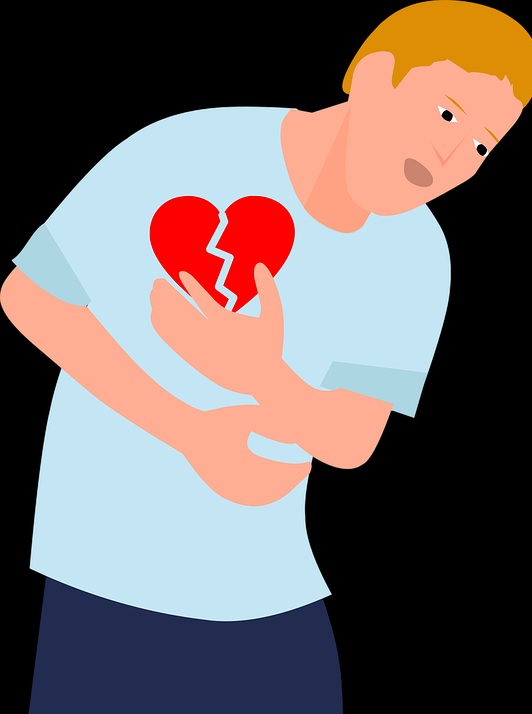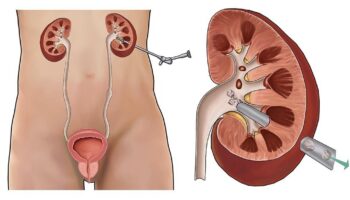If you have signs of heart problems or are at risk of developing, your doctor may recommend tests to check how your heart is working. One of the tests is the use of an echocardiogram. This kind of test uses sound waves to create images of your heart. It is a noninvasive test where your specialist moves a special instrument called a transducer across your chest to take images of your heart. If you are looking to find accurate echocardiograms in the Upper East Side to provide a true picture of your heart condition, here is what you need to know.
How Is an Echocardiogram Carried Out?
There are several procedures you can undergo. This depends on the type of echocardiogram as stated below:
Transthoracic Echocardiogram
If your doctor recommends a transthoracic echocardiogram, your specialist may apply the gel on your chest. Then a transducer is moved on your chest to see various images of your heart. During this procedure, you may be asked to change to several positions or take a deep breath; the transducer might be pressed on your chest to obtain clear images.
Transesophageal Echocardiogram
If your doctor needs clearer or more detailed photos than what the transthoracic echocardiogram produced, they may carry out a transesophageal echocardiogram. During this exam, you may receive some sedatives to relax muscles in your throat and numb the gag reflex. When the sedative is effective, your doctor will pass a transducer using a long tube down your esophagus until it reaches the back of your heart. Your doctor will record images of the heart as the transducer is moved around the esophagus.
Why Would My Doctor Do an Echocardiogram?
An echocardiogram might be part of a routine check-up, or your doctor may recommend it if you have symptoms that may indicate heart problems. They may include:
- Chest pain.
- Difficulty in breathing.
- Dizziness.
- Abnormal fatigue.
- Lightheadedness.
- Fainting.
- A strong or change in a heart murmur.
Will I Need Other Tests After Going Through an Echocardiogram?
If they suspect you have coronary artery disease, your doctor may recommend imaging such as a nuclear stress test, stress echocardiogram, Magnetic Resonance Imaging (MRI), or coronary CT angiography.
What Does an Abnormal Result Look Like After an Echocardiogram?
An abnormal result from this test may include:
- Blood clots in the heart- Blood clots in any heart chambers occur due to atrial fibrillation.
- Too thin or thick heart walls or too large chambers- This might signify a decreased blood flow to the heart or swelling in the heart’s walls.
- One or more valves are not closing or opening correctly- This might indicate a heart valve disease which may destroy the heart muscles.
- Pericardial effusion- The presence of fluid in the sac around the heart puts extra pressure on the heart, thus preventing normal pumping.
An echocardiogram only reveals what is happening in and around your heart and not why it is happening. If your doctor identifies any abnormality, they can tailor a treatment plan depending on your needs. Your doctor may also use this process to find other possible risks and give the appropriate advice. Ensure that you follow your doctor’s instructions after an echocardiogram. Contact your doctor for help if you notice any unusual changes. To avoid the risks of heart disease, book an appointment with your specialist at Upper East Side Cardiology.





